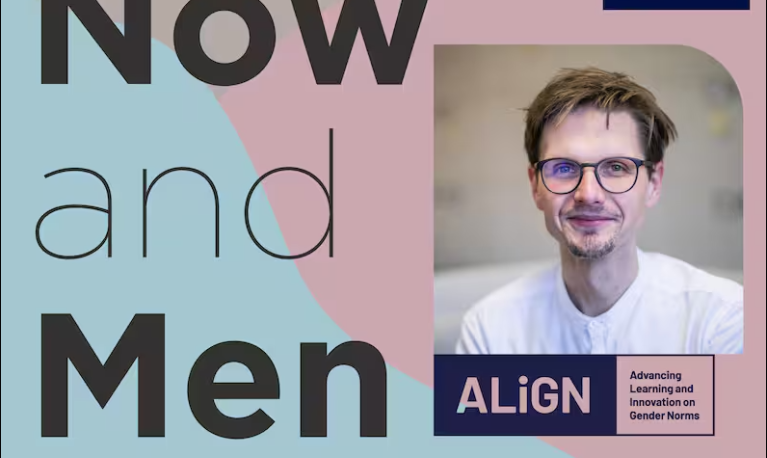- Report
- 1 mai 2024
Unpacking political masculinities in Liberia
- Published by: ALIGN, Nunlai Research and Consulting
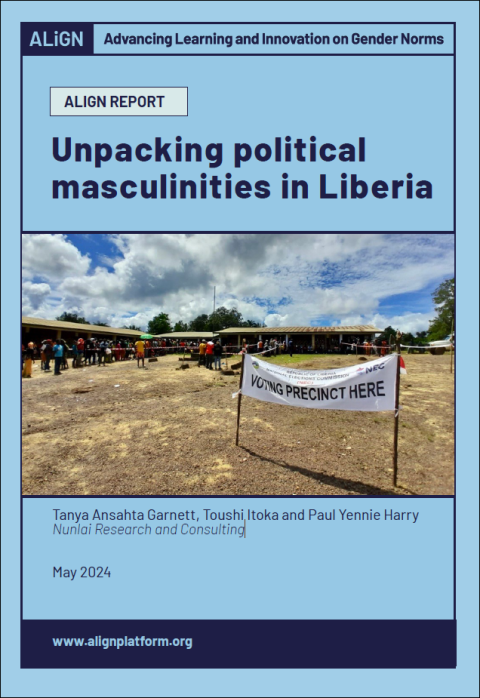
This Liberia country report is the first publication in ALIGN's ‘Men in politics as agents of gender equitable change: gender norms and political masculinities’ series.
This research explores how men in politics can transform gender norms in the political sphere, filling a gap in the literature on political masculinities in Liberia, a country where former president George Weah declared himself the country’s Feminist-in-Chief.
Liberian women have made history in the political arena, producing two Nobel Peace Laureates, Leymah Gbowee and, former President, Ellen Johnson Sirleaf. Yet, women continue to suffer the devastating impact of sexual and gender-based violence at alarmingly high rates. Gender norms are central to understanding this situation, as they determine women’s access to politics, rights and decision-making power.
This study draws on interviews with men in politics and highlights the impact that strong women leaders have on the politicians’ decisions to take on gender equality issues. Most men who participated in the study do not identify themselves as feminists, instead they see it as a moral imperative to support women’s equal contribution to their country’s development.
Politicians’ efforts are shaped by various systemic obstacles, including patriarchal political culture. As a result, focus groups with activists, women politicians and students at university revealed that male politicians’ commitment to gender equality is viewed with much distrust.
The study concludes with implications for policy, practice and research, including raising male politicians’ awareness of feminism, sharing women’s lived experience and connecting men to role models who can promote equitable masculinities.
Key messages
- There are some male politicians in Liberia who could be seen as pro-feminist, given their support for gender equality initiatives, yet a lack of understanding of feminism and feminist politics means that the term is used with caution if at all.
- Advocacy for gender equality among male politicians is framed not as feminism, but as a moral imperative. Most male politicians see their role in supporting gender equality initiatives as the right thing to do. They also cite how strong women in their lives influenced their positive stance to gender equality.
- Several enablers for men’s political support for gender equality initiatives, include: an increasingly open political discourse on gender, broader social transformation, and successful examples of female leadership despite constraints of a patriarchal political culture.
- Civil society question the depth of politician’s commitment to gender equality, perceive a lack of pro-gender equality action, and have concerns around violence against women in politics and politicians being driven by financial self-interest rather than issues as gender equality.
Share this report
NEW REPORT 🚨 Unpacking political #masculinities in Liberia
What motivates men politicians to be allies for gender equality?
Following recent elections in #LIBERIA, this new report from @ALIGN_Gender research partners explores just that.
- Countries / Regions:
- Liberia
Related resources
2 November 2020
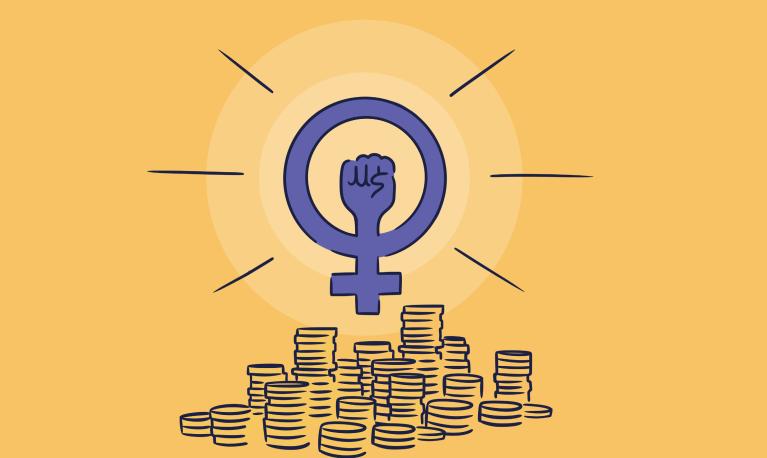
16 May 2024
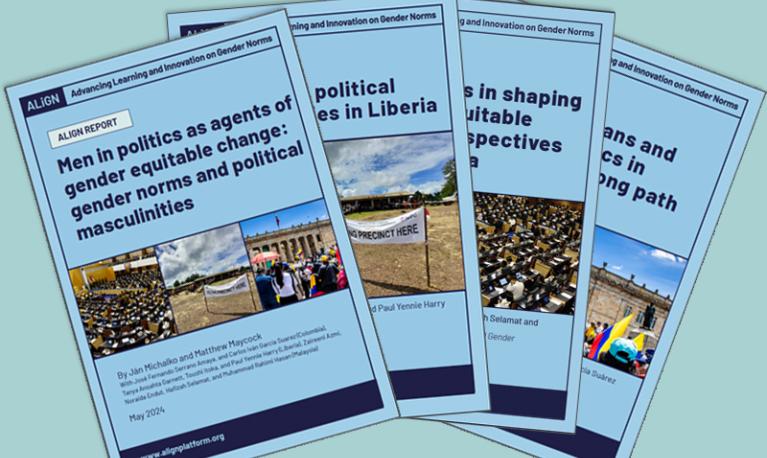
Report
13 mai 2024
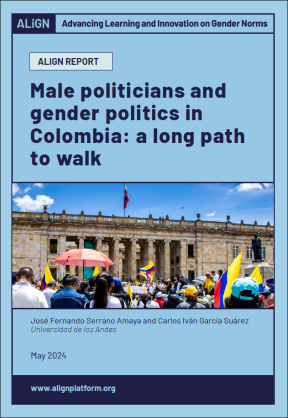
Report
20 mai 2024
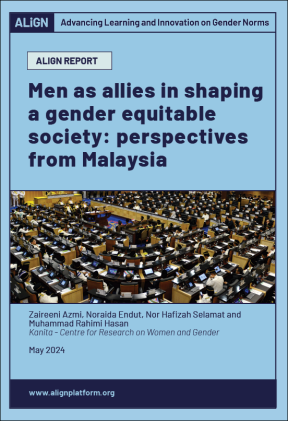
Report
28 mai 2024
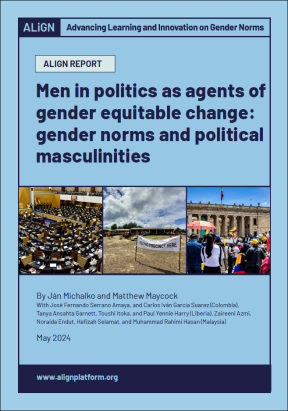
Video/podcast
15 mai 2024
